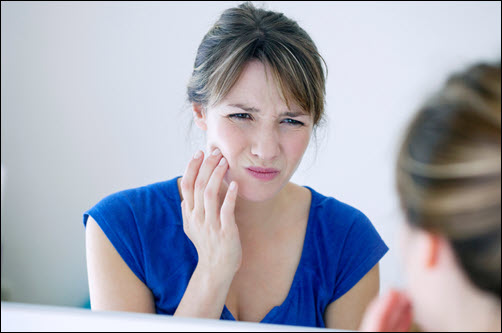Have you ever woken up with a sore jaw or a headache? It’s not just a bad sleep position; you might be grinding your teeth at night. This condition, known as bruxism, affects many people without them even realizing it. But don’t worry, you’re not alone, and there are ways to manage it.
 First, let’s understand what bruxism is. It’s the involuntary grinding or clenching of your teeth, usually during sleep. It can also happen during the day, especially in stressful situations. The causes are varied, ranging from stress and anxiety to misaligned teeth or an abnormal bite. Some people grind their teeth as a response to pain elsewhere in the body, like earaches.
First, let’s understand what bruxism is. It’s the involuntary grinding or clenching of your teeth, usually during sleep. It can also happen during the day, especially in stressful situations. The causes are varied, ranging from stress and anxiety to misaligned teeth or an abnormal bite. Some people grind their teeth as a response to pain elsewhere in the body, like earaches.
The symptoms can be quite noticeable. You might wake up with a dull headache, a sore jaw, or even notice your teeth are becoming worn down. In severe cases, it can lead to temporomandibular joint disorder (TMJ), which causes pain and restricted movement in the jaw.
So, what can you do about it? The first step is to visit your dentist. They can check for signs of bruxism and recommend treatment options. These might include wearing a mouthguard at night to protect your teeth, or exercises to relax your jaw muscles. Reducing stress through meditation, exercise, or counseling can also help.
Remember, bruxism is manageable with the right approach. If you suspect you might be grinding your teeth, don’t hesitate to seek help. Schedule your appointment with Linglestown Family Dental and fix the problem today! Your jaw—and your teeth—will thank you!


